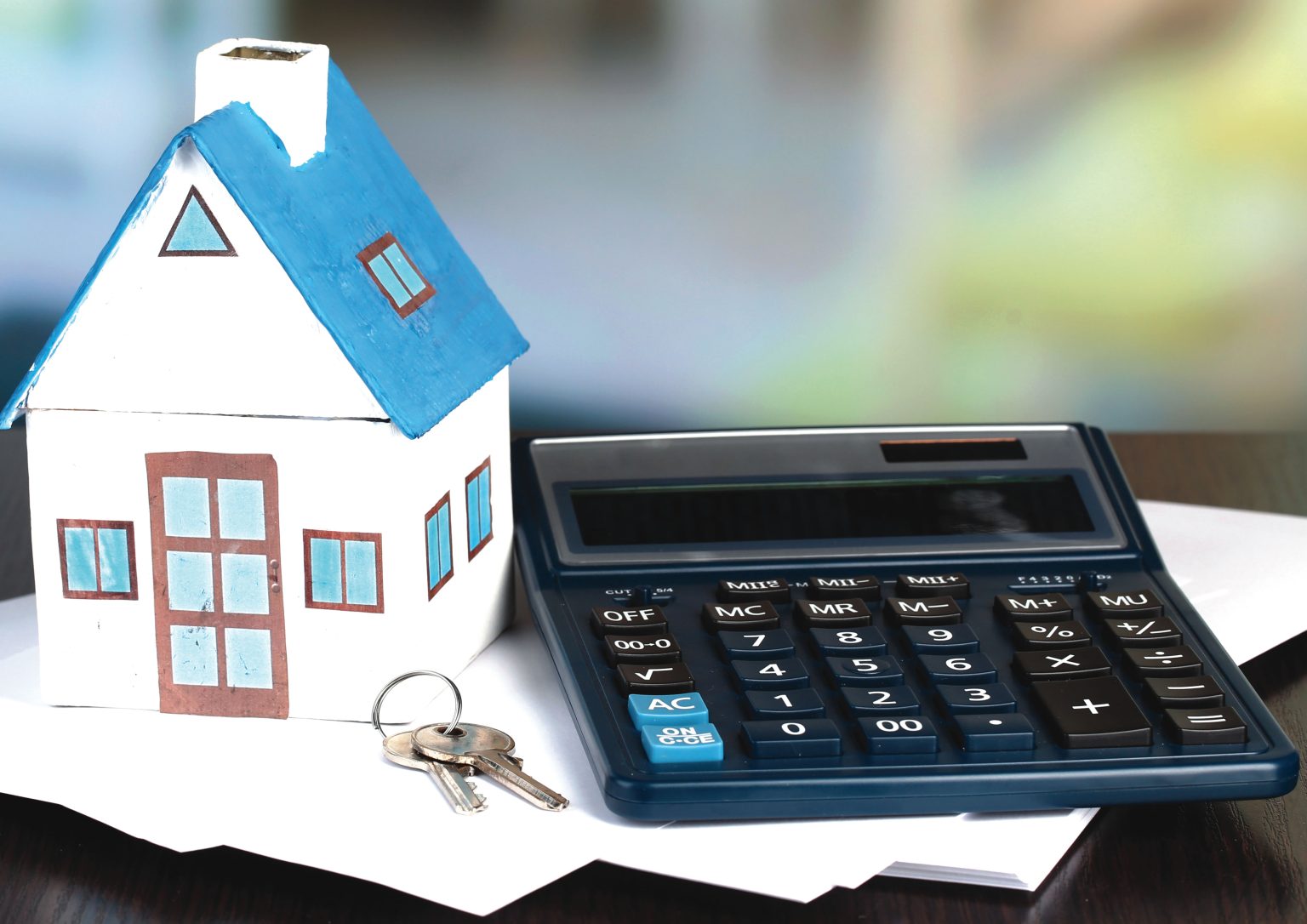The Dire Need for Affordable Housing in Nigeria: A Call for Collaborative Action
Nigeria’s housing deficit poses a significant challenge, particularly for middle- and low-income earners. Real estate experts, policymakers, and industry stakeholders recently convened at the Nigeria Housing Dialogue 2025 to address this pressing issue. The consensus among participants was clear: achieving affordable mass housing requires a multi-pronged approach encompassing policy shifts, mortgage reviews, private sector innovation, and a concerted effort from all stakeholders. The dialogue served as a platform for critical discussions, insightful presentations, and the unveiling of a comprehensive report aimed at shaping the future of housing in Nigeria.
Obstacles and Opportunities in Housing Finance and Policy
A key impediment to progress in addressing the housing deficit is the lack of continuity in housing finance and policy implementation. Mortgage penetration in Nigeria remains alarmingly low, hovering below one percent, a stark contrast to the 30-40 percent seen in developed countries. This highlights the urgent need for innovative financing models tailored to the Nigerian context. Experts advocated for private-sector-led mortgage finance solutions that cater specifically to the financial realities of middle- and low-income earners. Furthermore, they emphasized the importance of government support in creating an enabling environment for these initiatives to flourish. This includes streamlining land processes, establishing housing boards at the state level, and attracting investment to the sector.
Shifting Paradigms in Housing Development and Finance
The traditional mortgage model has proven ineffective in addressing Nigeria’s housing needs. Experts at the dialogue called for a paradigm shift, urging developers and the private sector to embrace innovative financing and construction models. This includes exploring options such as crowdfunding, diaspora investments, rent-to-own schemes, and public-private partnerships. Financial institutions must also play a crucial role by developing creative mortgage products that align with Nigerian income levels. Simultaneously, developers need access to financing at single-digit interest rates to build affordable homes, while first-time homeowners require accessible mortgage options. These combined efforts are crucial to bridging the mortgage gap and making homeownership a reality for more Nigerians.
Urbanization, Infrastructure, and Sustainable Housing Solutions
Rapid urbanization in Nigeria presents both challenges and opportunities in the housing sector. As cities expand, the demand for housing intensifies, straining existing infrastructure and exacerbating the housing deficit. Experts stressed the need for a collaborative approach between the government, private sector, and investors to develop sustainable and resilient cities that promote well-being and livelihoods. This includes investing in robust infrastructure, implementing effective urban planning strategies, and promoting green building practices. Furthermore, adopting modern construction technologies can expedite the building process and reduce costs, making housing more affordable and accessible.
Leveraging Successful Models and Promoting Local Content
The Lagos Homes model, which emphasizes local content and stimulates job creation within the housing sector, has garnered significant attention. Experts at the dialogue advocated for the adoption of this model nationwide, highlighting its potential to address the housing deficit while boosting economic growth. They also called for the continuation of policies that promote local content and incentivize investment in the housing sector. This includes measures that encourage the use of locally sourced materials and the development of local skills and expertise. Such policies can create a virtuous cycle, boosting local economies while simultaneously increasing the supply of affordable housing.
The Role of Advocacy, Accountability, and Citizen Engagement
Civil society organizations and the media play a crucial role in holding stakeholders accountable and ensuring transparency in the housing sector. Experts at the dialogue urged these actors to continue demanding accountability, tracking progress, and exposing failed projects. Citizen engagement is also essential. Nigerians are encouraged to join housing cooperatives, invest in home savings plans, and actively advocate for policy reforms that address the housing crisis. By working together, stakeholders can create a more equitable and accessible housing landscape for all Nigerians. The Nigeria Housing Report 2025, unveiled at the event, provides data-driven insights and recommendations to guide future policy and action in the housing sector. The report, along with the communique from the meeting, will be presented to governments at all levels, serving as a roadmap for addressing the housing challenges and achieving the goal of affordable housing for all.


